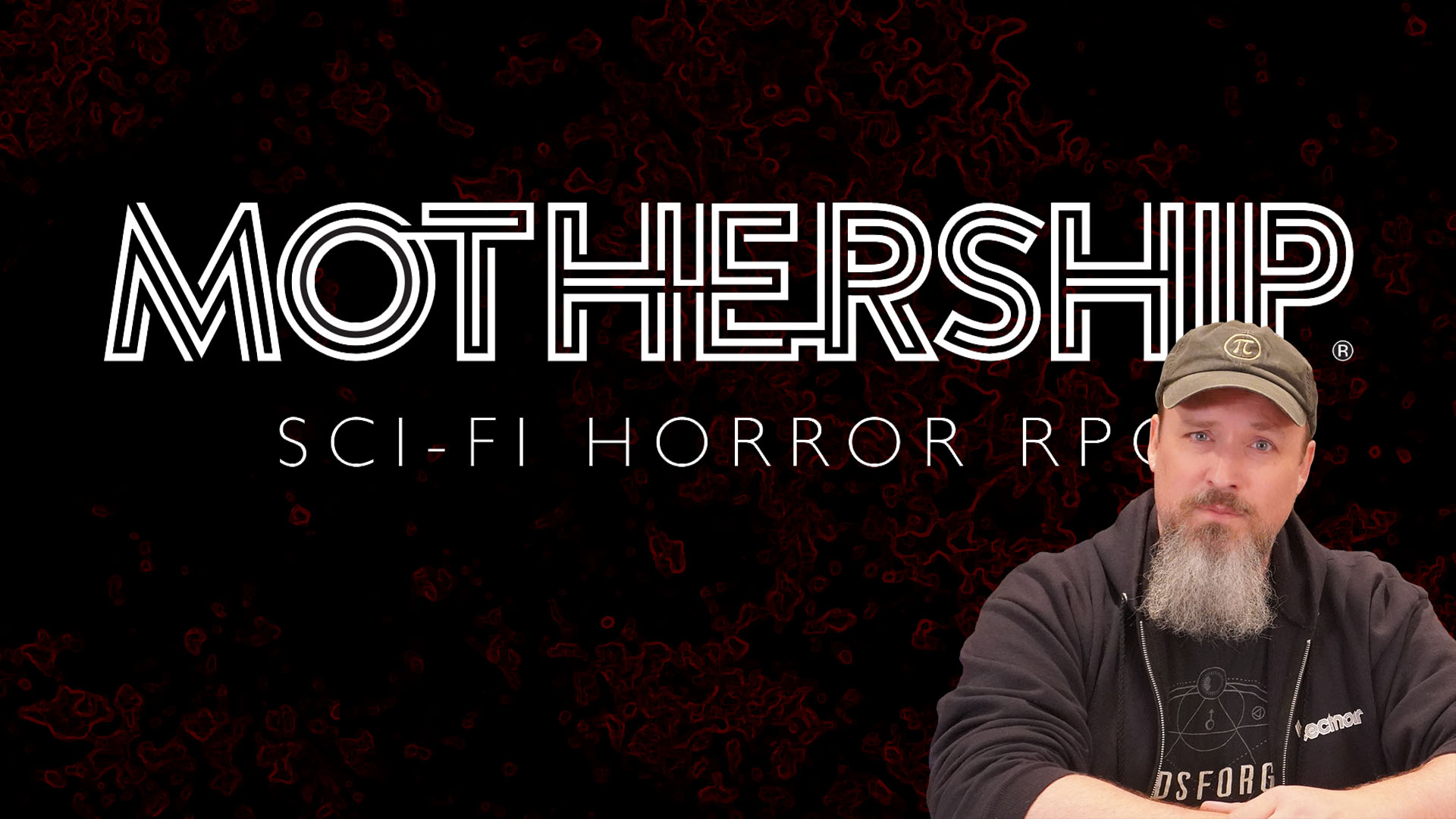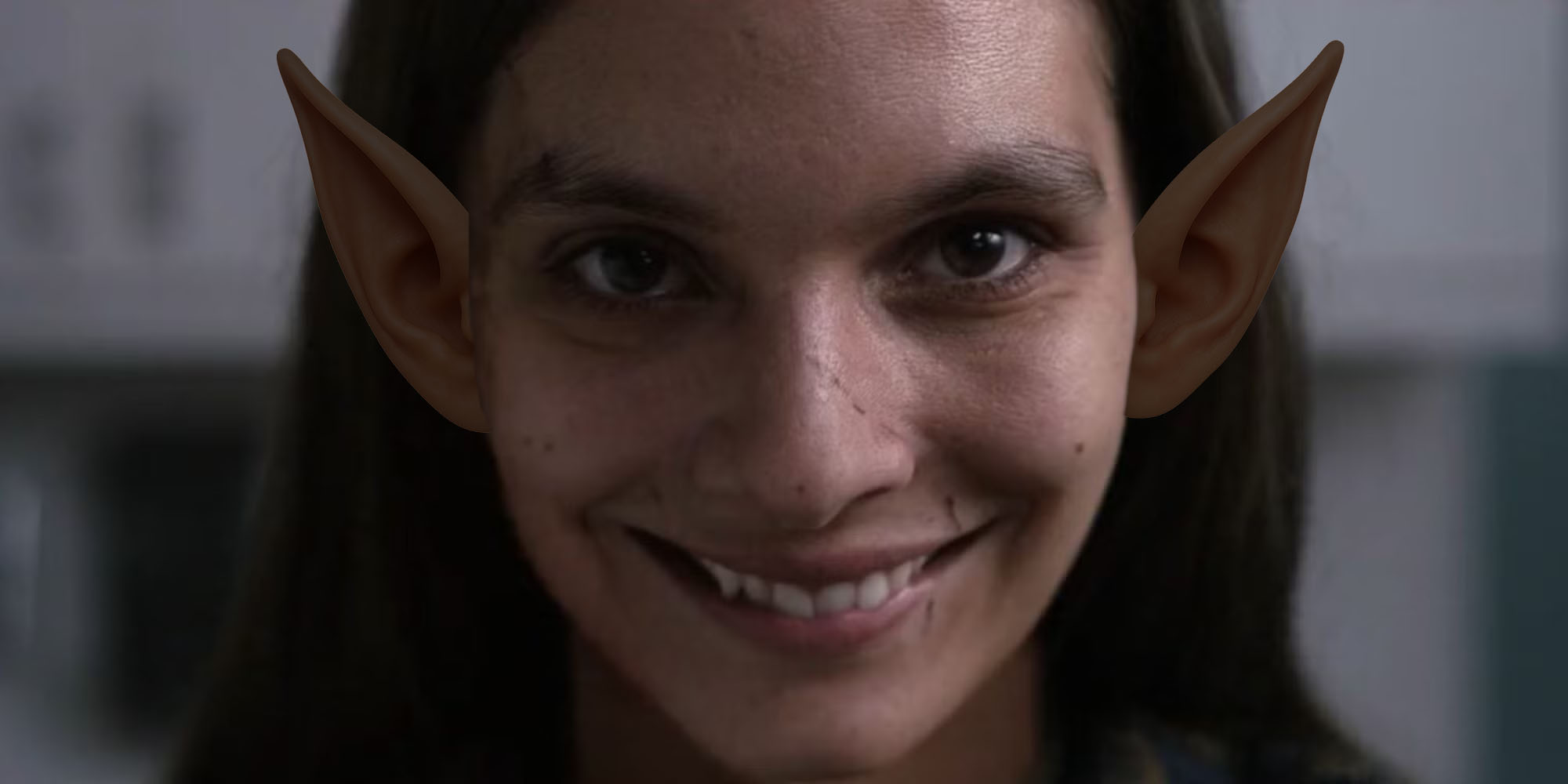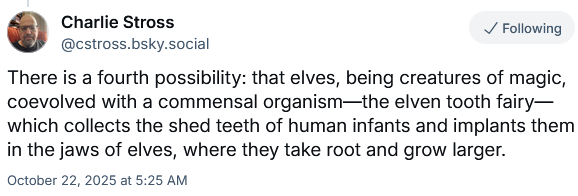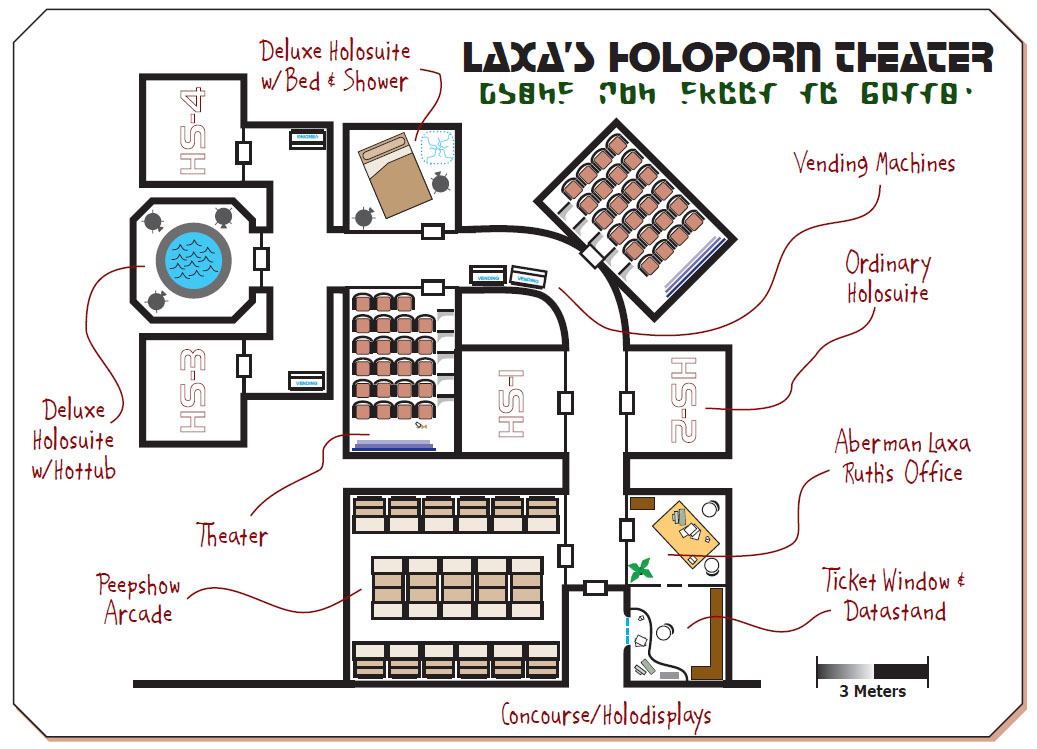Here’s an adventure I see from time to time: The PCs are in a city or a space station or the Keep on the Borderlands and Something Weird™ is happening.
- Random people are turning purple.
- Invisible goblins are causing chaos.
- A false hydra is eating people.
- A new bratva is shaking down local business owners, triggering a gang war.
- A druid’s curse or escaped nanotech is causing the local plant life to become mobile.
The idea is that the PCs, while doing their own stuff around the village or space station or keep, will see this background stuff happening and get sucked in.
Here’s the tip: These background adventures are MUCH easier to run if the PCs do, in fact, have their own stuff to do.
This might be as simple as a standard post-adventure shopping trip: You’ve got weird stuff keyed to the general store, the magic item shop, the fletcher’s, the town square (as they pass through it), the inn where they’re staying, etc. and you’re good to go.
But I really recommend running this type of adventure in parallel with a completely unrelated adventure: So while the PCs are investigating the Neverland Murders, they keep encountering random people who have turned purple as a background detail. This lets you pace the purple people in a subtler and, often, more effective way.
(This is why I refer to these as background adventures: They play out – or, at least, start out – in the background of whatever adventure has the group’s primary focus.)
Without that parallel adventure, a background adventure tends to fail in one of two ways.
First, if there are leads the PCs can follow, the adventure will resolve too quickly. With nothing else to do, the players will immediately focus all of their attention on the not-so-background adventure, speed run the path back to whatever’s causing it, and cut short the full timeline of weirdness you had prepped. There’s nothing wrong with that, per se, but if you want the background adventure to feel like a long-term development (as opposed to a flash-in-the-pan), then you need the players’ focus to be somewhere else.
Second, if there’s nothing else going on AND there are no leads for the PCs to follow (e.g., Annie the Flower Girl turned purple, but there’s no way to figure why that happened from either Annie or her flowers), then the PCs will be left adrift — just kind of awkwardly waiting until the GM arbitrarily triggers the next background event. (And then doing so again until they finally get to an encounter with leads they can pursue.)
As long as the players have something else to actively pursue, though, you can now deliberately eschew keying access leads to the first several events in your background adventure, thereby assuring that the events have a chance to build before the PCs meaningfully engage with them. (Probably. Players can be devilishly clever at finding ways to conjure forth leads from thin air that you never suspected were there. And good on them for doing it!)

















